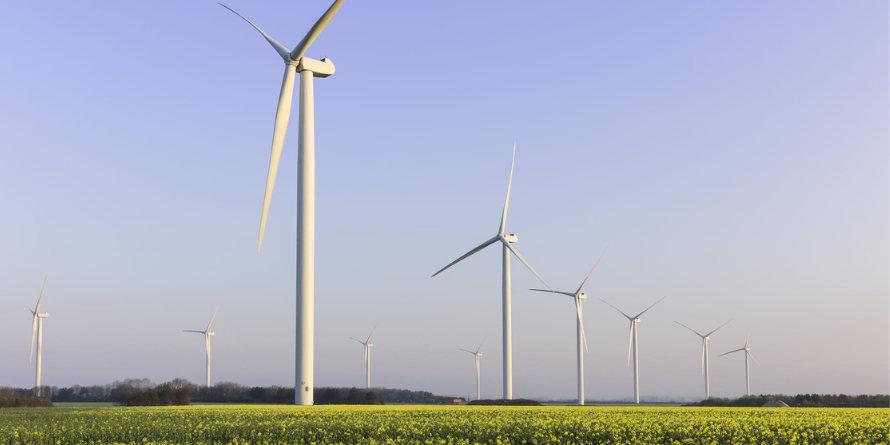Six towns and cities across England have been selected to develop the country’s first heat network zones.
The ground-breaking schemes in Leeds, Plymouth, Bristol, Stockport, Sheffield, and two in London will receive a share of £5.8m of government funding to develop the zones to provide low-cost heating.
Heat network zones use data to identify the best spots and help to plan and build the technology at scale. They require suitable buildings, such as hotels and large offices, to connect when it is cost-effective for them to do so.
Minister for Energy Consumers Miatta Fahnbulleh said: “Developing heat networks across the country has the potential to create tens of thousands of jobs through delivering a low-carbon heating transformation.
“Types of buildings that could connect to a network include those that are already communally heated, and large non-domestic buildings over a certain size, such as hospitals, universities, hotels, supermarkets, and office blocks.”
Read more

 United States
United States Australia
Australia





